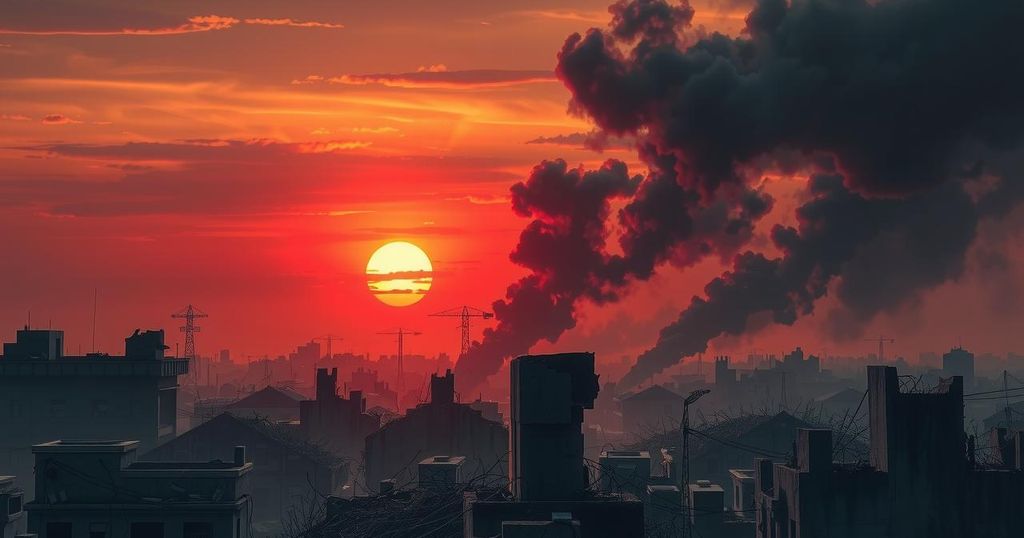Recent Developments in Sudan’s Civil War and Their Implications

The Sudanese army has regained control over key areas in Khartoum from the RSF, marking a significant point in the civil war. Despite these victories, the conflict continues to ravage the nation, resulting in a dire humanitarian crisis with millions displaced and starvation prevalent. Experts warn of potential fragmentation, with ongoing violence and a lack of peace negotiations between the factions.
The Sudanese army has achieved significant victories against the Rapid Support Forces (RSF) in Khartoum, signaling potential shifts in the ongoing civil war. Nearly two years into the conflict, this development occurs as the Sudanese Armed Forces (SAF) attempt to regain control over the capital following previous RSF advances. Despite these military successes, the conflict remains unresolved and poses risks to Sudan’s unity, with both sides vying for territorial control.
In recent skirmishes, army chief Abdel Fattah al-Burhan proclaimed that Khartoum is “free” after the SAF regained the airport, a strategic asset previously seized by the RSF. This victory, alongside the recapture of the presidential palace, suggests a possible turning point for the army, which now seeks to expand its influence in the region. Al-Burhan’s ability to access political symbolism from these victories may bolster his position both domestically and internationally.
Recapture of Khartoum could alter the war’s dynamics; however, the deepening rift regarding the paramilitary’s integration into the army suggests ongoing conflict. Engaged in fierce clashes, both factions control large territories, and fighting continues unabated in regions such as Darfur and Kordofan. Despite the SAF’s recent gains, experts caution that overall peace remains elusive, with escalating violence and no imminent chances for a settlement.
The humanitarian implications of this conflict are dire, contributing to widespread displacement and suffering. Over 12 million individuals have fled their homes, facing dire humanitarian conditions, including food scarcity. Nearly 25 million people contend with severe food shortages, and famine conditions are emerging in vulnerable areas. International agencies are struggling to provide aid due to blockades imposed by both factions.
Looking forward, the civil war threatens to lead to Sudan’s fragmentation, as evidenced by the RSF’s establishment of a breakaway governance structure. Historical precedents, such as South Sudan’s 2011 secession, suggest a precarious future. With neither side seeking compromise, a prolonged war of attrition appears imminent, alongside international efforts for negotiation.
The Sudanese civil war remains a complex and escalating conflict marked by significant military engagements in Khartoum. The army’s recent victories provide a glimmer of hope for territorial control but far from ensure peace. The humanitarian crisis poses grave challenges, with millions displaced and facing severe food shortages. Potential outcomes may lean towards fragmentation rather than resolution without effective negotiations between the conflicting parties.
Original Source: www.aljazeera.com








